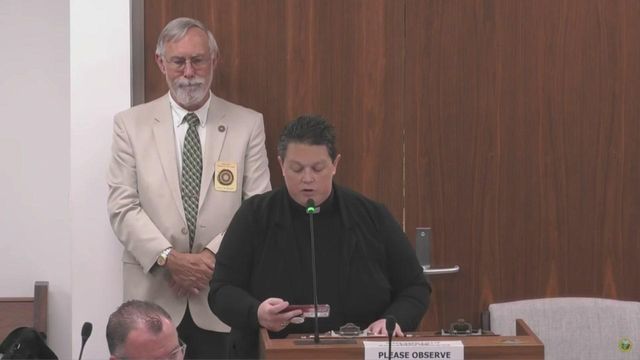Unable to Post Bail? You Will Pay for That for Many Years

Cash bail favors the rich, who can pay it and go home, while poorer people are frequently forced to remain in jail while they await trial.
That fact alone helps to explain why cash bail has been eliminated or restricted in California, New Jersey and Arizona, and appears to be on the way out in a number of other places, including New York.
But two new studies in economic journals show that inequities in the cash bail system lead to more long-lasting and pernicious consequences.
In itself, an inability to pay bail after being arrested makes it more likely that you will be convicted of that offense, according to a study published last year in the American Economic Review. The study found that being held in jail while awaiting trial also makes it more likely that, two to four years after an initial arrest, you will be unemployed and engaged in criminal behavior.
A separate study in the Quarterly Journal of Economics showed that while the cash bail system penalizes poor people, it also discriminates against African-Americans, who tend to be treated more severely than white people by judges who set bail, regardless of the judge’s race.
Two scholars — Will Dobbie, an economist at Princeton, and Crystal Yang, a law professor and economist at Harvard — were co-authors of both studies. Jacob Goldin, a law professor and economist at Stanford, was also a co-author of the first study, “The Effects of Pretrial Detention on Conviction, Future Crime and Employment: Evidence from Randomly Assigned Judges.” David Arnold, a graduate student in economics at Princeton, was a co-author of the second, “Racial Bias in Bail Decisions.”
Both studies analyzed the bail system in two counties, Miami-Dade and Philadelphia. By subjecting judicial bail-setting decisions to statistical analysis, the first study found that some judges tend to be stricter in their bail rulings, and some more lenient. Which judge a defendant was assigned to was, for the most part, a matter of luck.
In most court cases, judges, whether lenient or strict, made the same decision as their peers, the study found. All of them set bail high for violent felonies, for example. But in about one-seventh of the cases, whether the defendant ended up detained or released hinged on which judge made the bail determination. Zeroing in on this group of “close call” cases — in which the leniency of the judge was the decisive factor — enabled the researchers to go a long way in establishing causation in the effects of cash bail on a person’s future.
Consider two defendants with similar backgrounds who were accused of a nonviolent property crime or misdemeanor. By the luck of the draw, one faced a lenient judge and was released, and the other got a different judge who set an unaffordable bail amount. Such an unlucky defendant was detained until trial, typically for about two weeks, the study found.
The researchers then traced the defendants’ lives. The detained arrestee was more likely to appear in court for his trial.
But he was also more likely to be convicted. The study found that in the two counties, being detained before trial increased the chance of being convicted to 58 percent from 44 percent. That’s a big effect and one corroborated by other studies, in settings including New York City and the federal court system.
Moreover, being detained until trial reverberates for years. The study also found that detainees were more likely to commit crimes after release. One reason may be new personal connections made while locked up: Jail and prison are prime networking opportunities.
What’s more, the study linked court records to Internal Revenue Service data for more than 200,000 people. Three to four years after trial, the detained arrestee was less likely to be employed, according to income tax filings.
In the second study, the researchers used the same core data and found compelling evidence of bias against African-Americans in bail decisions. Among the “close call” cases, judges tended to treat African-Americans more harshly than whites, based on an analysis of the frequency of defendants committing new crimes.
On average, white defendants in this group, who were released before trial, were rearrested for a new crime 24 percent of the time, compared with only 2 percent for African-Americans. In other words, African-Americans who were released before trial were, on average, far less likely than whites to commit crimes, implying that they were being held to a higher standard.
The implications of the studies are powerful and troubling. Being behind bars while awaiting trial had profound negative repercussions, and they were borne disproportionately by poor people and black people.
Several government and nonprofit efforts are underway to reform the bail system. In New York, Gov. Andrew Cuomo has proposed ending cash bail for minor crimes. Court rulings have challenged its legality. Nonprofits are posting bail for low-income defendants.
Alternatives to cash bail exist. One method is known as supervised release, a parole-like system that requires people released before trial to regularly check in with social workers. Technological solutions, like electronic anklets that monitor an individual’s whereabouts, are another option. Even sending text-message reminders to show up in court makes it more likely that a defendant will do so. All these options are cheaper than incarceration.
Finding good alternatives to cash bail would be important even if “only” two weeks of freedom were at stake. In fact, the two studies suggest, what’s at stake is an individual’s future.









